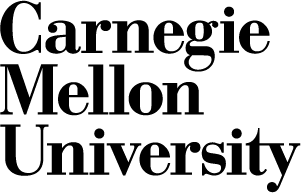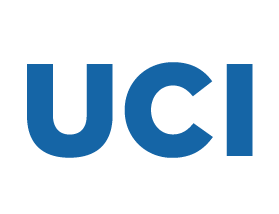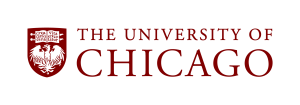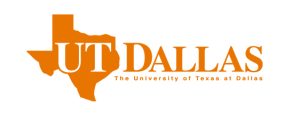Industries of Ideas: University Advisory Board
Industries of Ideas: A prototype system for measuring the effects of TIP investments on firms and jobs is an NSF-funded project to develop a new, data-driven way to measure the economic impact of federal investments in research and technology.
Stakeholders need to measure the effects of investments in emerging technologies on jobs and economies, but current data systems are not able to clearly identify emerging technologies and fields or to establish what industries they matter for. The Industries of Ideas solution focuses on the people who are trained in research and the skills they carry into the workforce to identify employers involved in emerging industries and jobs at the forefront of these industries.
This project will develop people-centric methods for following the movement of ideas from investments in research into the marketplace. This is done by identifying businesses that employ people with deep skills in emerging technology areas and developing early, never-before-available indicators that can provide alerts associated with potential impacts on current and future workforce.
The university advisory board, drawn from the members of SSRC’s College and University Fund for the Social Sciences and IRIS, will ensure that the data infrastructure enables universities to more accurately document the contributions of their research efforts to states’ economic development, and to secure additional research funding in emerging technologies.
Members
Frequently Asked Questions
What is the goal of the Industries of Ideas project?
The goal is to develop a prototype system to directly measure the effects of research investments on firms and jobs. The National Science Foundation’s Technology, Innovation and Partnerships (TIP) Directorate is funding the prototype to test the potential of securely combining university and state data to measure the economic impacts of federal investments in two important technologies: artificial intelligence and electric vehicles.
Why are universities involved?
TIP has asked the project to prepare detailed plans for expansion that include a report on university needs and priorities. There are three dimensions to expansion: Scale expansions will bring new universities and states into the initiative. Scope expansions will broaden the project to include new kinds of data and measures. Technology expansions will broaden the project to include other emerging technologies, including those technologies identified in the CHIPS and Science Act.
How can my university benefit from participation in the Industries of Ideas project?
The project will produce high-profile evidence for federal and state decision makers about the economic value of university-based research. Your participation will:
- ensure that the measures are rigorous and scientifically valid;
- inform the development of tools that demonstrate the impact of your university’s research on national, regional, and local economies;
- support your university’s legislative affairs and economic development staff in their state and federal outreach;
- lay the groundwork for your university’s participation in any future expansion.
What is the specific time commitment?
University advisory board members are asked to:
- Attend at least one webinar. Webinars will demonstrate prototype data products and request your feedback on content, usability and needed additions. We will provide early access to prototype products to allow you time to “test drive” them yourself. Open virtual feedback sessions will be scheduled for those who cannot attend the webinars. While there is no expectation that you will produce written feedback, your input will help shape the final product in whatever form you choose to share it.
- Participate in a small working group (optional). 3-4 working groups will be established to identify university priorities for the project’s potential expansion. Possible topics include: Economic Impact and Jobs Measures, Higher Education Capacity & Research Measures, Specific Technology Areas (AI & EV), and Needs for Research & Evaluation. We will finalize working group topics with advisory board feedback. The groups will provide input into a “University Priorities” report for TIP. That report will be written by the project team using the model of a NASEM or AAAS report; you will have the opportunity to review the report.
- Outreach to the scientific community on campus and nationally (optional). Outreach will help to inform any follow-on expansion. We will provide you with materials and project documents for relevant audiences and support your outreach efforts.
What is the project’s timeline?
This is a three-year project that will produce prototype data and products primarily in Year 1 and Year 2. Year 3 is dedicated to outreach and preparation for expansion.
- Alpha Dashboard and Feedback – May, 2024
- Beta Dashboard and Feedback – September/October, 2024
- Final Dashboard and Feedback – March, 2025
- University Priorities Report Draft – Summer, 2025
How can my institution prepare to participate if the project expands?
Your university can prepare to participate in a potential project expansion by informing relevant campus colleagues about the project and by joining the Institute for Research on Innovation & Science (IRIS). Submitting data to the IRIS platform and making effective use of the products the IRIS consortium produces for its members will position your institution to participate quickly in a potential project expansion by ensuring that your clean, integrated data are available for inclusion, that appropriate legal agreements allow its use, and that on-campus mechanisms for data and report access enable your institution to benefit from participation.
Partners
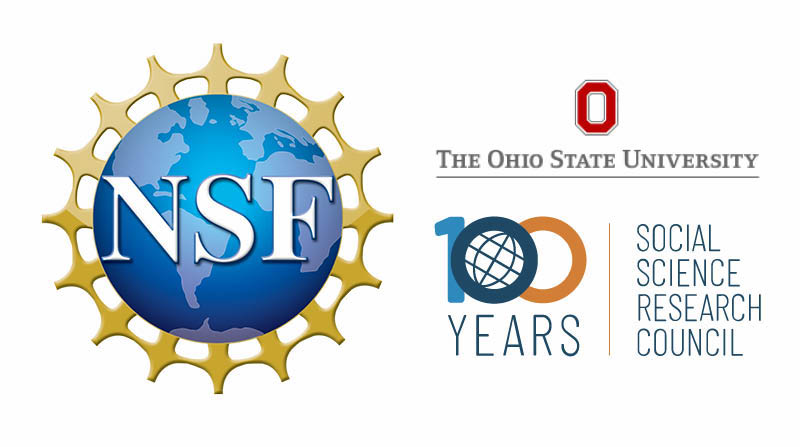
Institute for Research on Innovation and Science
University of Michigan
Institute for Social Research
Survey Research Center
330 Packard St, 2354 Perry Bldg
Ann Arbor, MI, 48104-2910
P: (734) 615-0015
F: (734) 763-3862
[email protected]
iris.isr.umich.edu
linkedin.com/company/iris-um/


